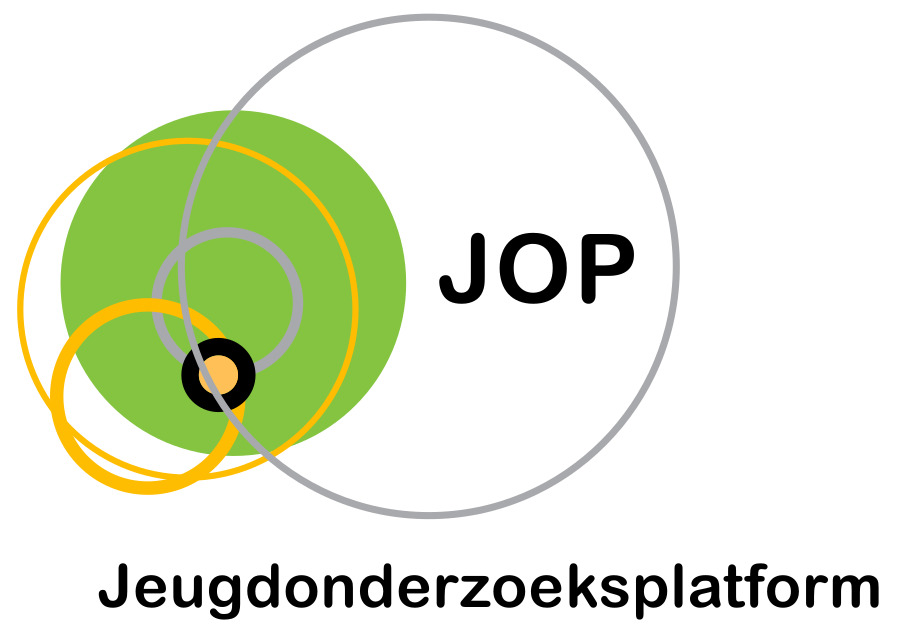Why do Flemish youth participate in right-wing disruptive groups.
Auteurs
Torrance, K. (1995)

Abstract
De gebeurtenissen van 11 september zorgden voor een stijging in het aantal studies naar politiek geweld en terrorisme. Horgan (2005), Bouhana & Wikström (2010) stelden dat een stijging in publicaties niet heeft geleid tot een stijging in empirische studies van trek- en duwkrachten op de participatie in extremistische groepen. Horgan beargumenteert dat een theoretische vaagheid rond de conceptualisering van extremisme en terrorisme ons begrip van het fenomeen en zijn oorzaken onderuit haalt. Echter, sommige onderzoekers hebben geprobeerd om de gefragmenteerde kennis te integreren in een theoretisch kader. Deze studie gaat verder op de inzichten uit theoretische en empirische bevindingen over de participatie in bendes en gewelddadig extremistische groeperingen, om zo een integratief kader voor te stellen dat gebruikt kan worden om participatie in rechtse, verstorende groepen te bestuderen. Om dit geïntegreerde model te testen, werden een reeks SEM analyses gedaan, die testen hoe sterk het directe en gemedieerde effect is van waargenomen onrechtvaardigheid, anomie, autoritarisme en sensatiezucht. We onderzoeken in welke mate gevoelens van superioriteit, Vlaams nationalisme en etnocentrisme deze effecten mediëren en invloed hebben op morele ondersteuning voor rechts extremisme, blootstelling aan racistische leeftijdsgenoten en het deelnemen in rechtse, verstorende groeperingen. De analyses werden gebaseerd op een online vragenlijst (n = 723) bij Vlaamse adolescenten en jongvolwassenen.
The events of 9/11 gave rise to an increase in studies on political violence and terrorism. Horgan (2005), Bouhana & Wikström (2010) postulated that the increase in publications has not led to an increase in empirical studies of pull and push factors of participation in extremist groups. Horgan argues that theoretical cloudiness around the concepts of extremism and terrorism impedes our understanding of the phenomenon and its causes. Some scholars have, however, attempted to integrate fragmented knowledge in a theoretical framework. The present inquiry builds upon insights derived from theoretical and empirical contributions regarding the participation in gangs and violent extremist groups to propose an integrative framework useful for studying participation in right-wing disruptive groups. To test the integrated model, a series of SEM models were run for testing the strength of direct and mediator effects of perceived injustice, anomia, authoritarianism and thrill-seeking behaviour. We test to what extent feelings of superiority, Flemish nationalism and ethnocentrism mediate these effect and have consequences for moral support for right-wing extremism, exposure to racist peers and participation in right-wing disruptive groups. The analyses are based on a web survey (N = 723) among adolescents and young adults in Flanders, Belgium.
Referentie
De Waele, M., & Pauwels, L. (2016). Why do Flemish youth participate in right-wing disruptive groups. In C. Maxson & F. Esbensen (Eds.), Gang Transitions and Transformations in an International Context (pp. 173-200). New York: Springer 1
Taal
Nederlands
Publicatievorm
Bijdrage in boek
ISBN-DOI
10.1007/978-3-319-29602-9_10
Trefwoorden
Waargenomen onrechtvaardigheid, rechts extremisme, verstorende participatie, sensatiezucht, morele steun voor rechts extremisme
